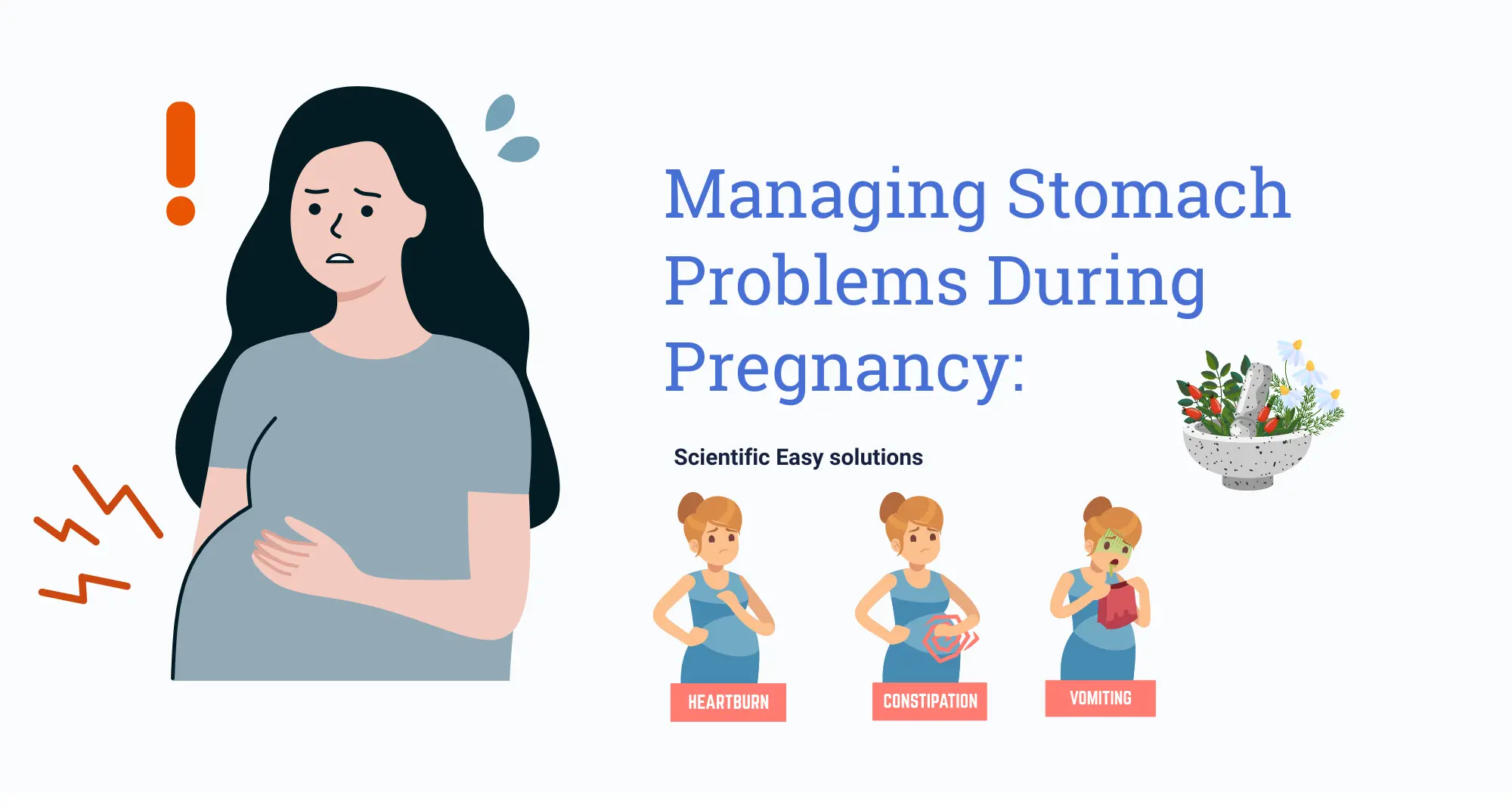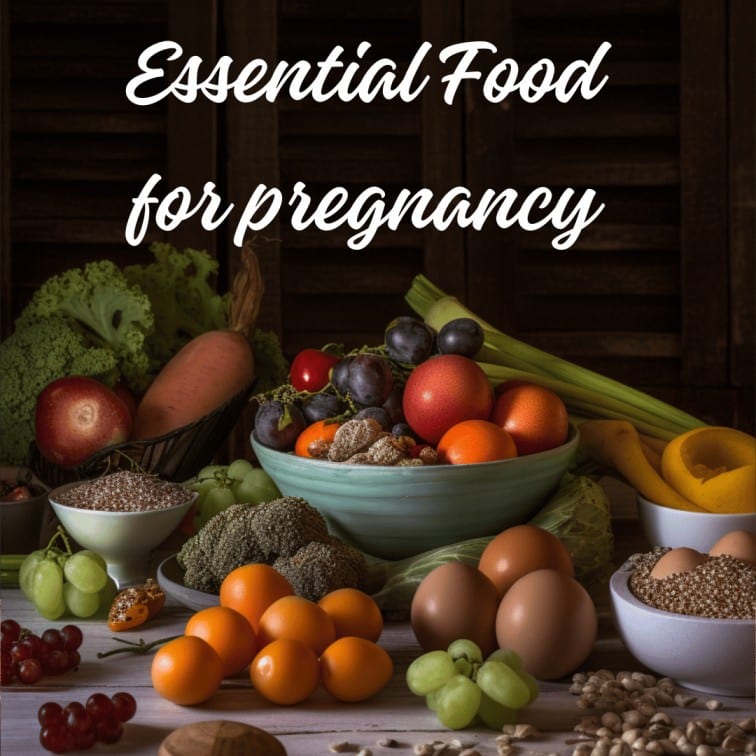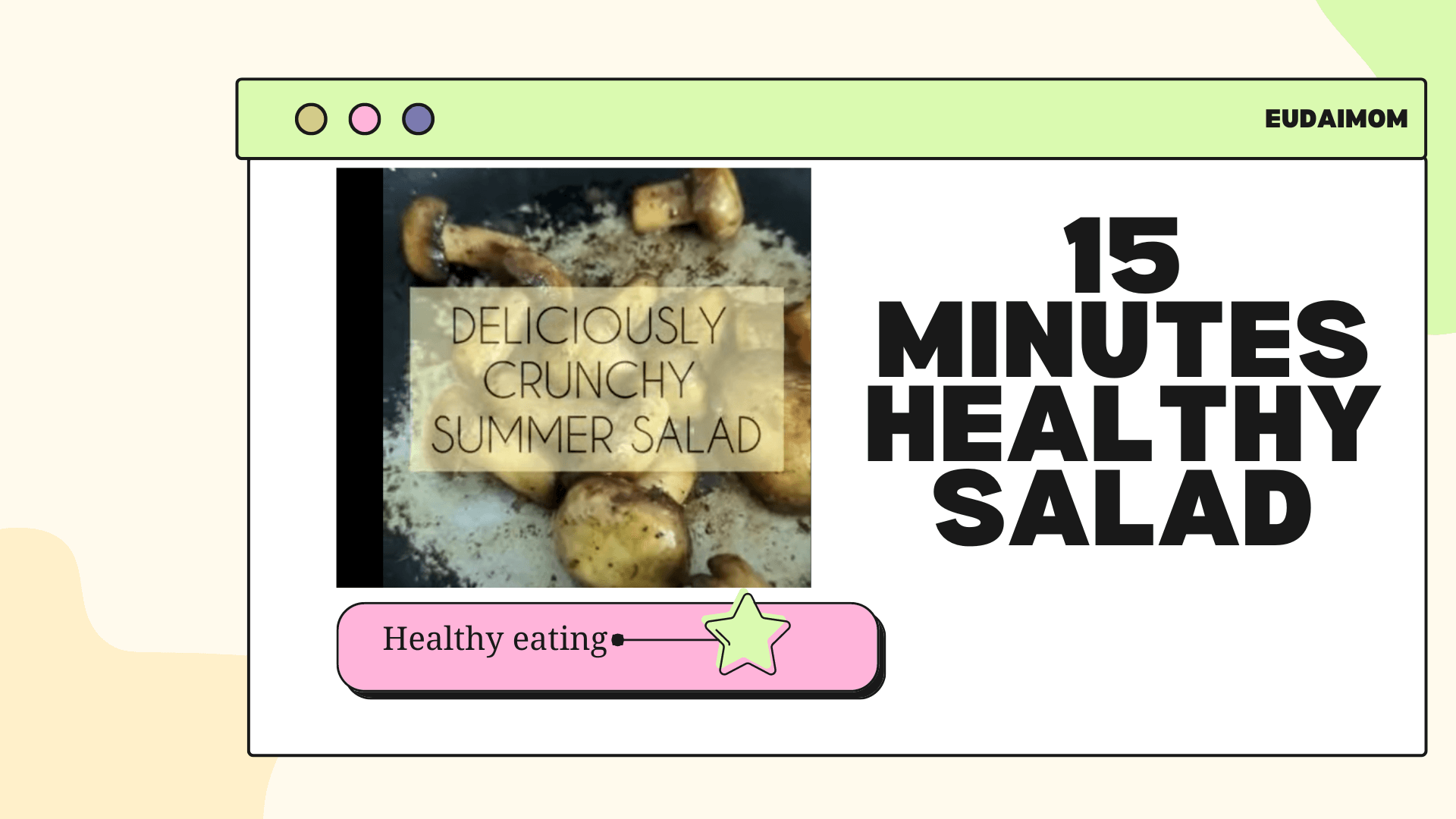Pregnancy is a transformative journey for women, but it often comes with its fair share of problems and challenges, including various discomforts and health issues. One common issue that many expectant mothers face is stomach-related troubles. From constipation and heartburn to bloating and nausea, these issues can significantly impact the overall well-being of pregnant women. Here in this article, we will explore the most common stomach problems faced by pregnant women and provide effective strategies to manage and alleviate these discomforts.
Morning Sickness or nausea during pregnancy caused by stomach issues
Nausea, commonly known as morning sickness, is a prevalent stomach problem experienced by almost 70 to 80 percent pregnant women, especially during the first trimester. It is characterized by feelings of queasiness, vomiting, and aversion to certain smells and foods. It is common to feel upper stomach pain during pregnancy 2nd trimester. To cope with nausea, and stomach pain suggest the following:
a. Eat small, frequent meals: Consuming small, light meals throughout the day can help prevent an empty stomach, which often triggers nausea. Opt for easily digestible foods such as crackers or dry toast. Even bananas might help.
b. Always stay hydrated: Sip on water, herbal tea, or ginger ale to stay hydrated and reduce feelings of nausea. Ginger has shown to be effective in relieving morning sickness, so ginger tea or ginger candies can be quite beneficial.
c. Avoid sensory triggers: Identify and avoid smells or foods that trigger nausea. Open windows for fresh air circulation and avoid cooking odors.
d. Consider vitamin B6 supplements: Vitamin B6 has been found to alleviate nausea in pregnant women. Consult your healthcare provider for the appropriate dosage, do not consume with a consultation.
You can read more about essential foods and supplements during pregnancy here.
Acid Reflux and heartburn during pregnancy caused by stomach issues
Heartburn, a burning sensation in the chest caused by stomach acid flowing back into the esophagus, is a common digestive issue during pregnancy. You may feel that your stomach hurts after eating during first trimester to third trimester. Hormonal changes and the growing uterus can contribute to increased acidity. To manage heartburn and acid reflux during pregnancy follow our expert tips:
a. Eat smaller meals: Instead of consuming large meals, opt for smaller, more frequent meals throughout the day. This helps prevent overloading the stomach and reduces the chances of acid reflux.
b. Avoid triggering foods or smells: Spicy, greasy, and acidic foods can exacerbate heartburn symptoms. Limit your intake of citrus fruits, tomatoes, chocolate, caffeine, and carbonated drinks.
c. Maintain an upright position: Sit or stand upright after meals to promote proper digestion and prevent acid reflux. Avoid lying down immediately after eating.
d. Elevate the upper body during sleep: Use extra pillows or a wedge pillow to elevate the upper body while sleeping. This helps prevent stomach acid from flowing back up into the esophagus.
Constipation during pregnancy due to stomach issues
Many pregnant women experience constipation due to hormonal changes that slow down bowel movements and the pressure exerted on the intestines by the growing uterus. To combat constipation:
a. Increasing fiber intake: Include high-fiber foods in your diet, such as fruits, vegetables, whole grains, and legumes. These help promote regular bowel movements.
b. Staying hydrated: Drink plenty of liquids throughout the day to keep your body hydrated and aid digestion. Prune juice and warm liquids, such as herbal teas, can also provide relief from constipation.
c. Exercise regularly: Engage in gentle exercises, like walking or swimming, to relieve constipation.
d. Talk to your healthcare provider: If constipation persists or becomes severe, consult your healthcare provider for safe and appropriate laxative options during pregnancy.
Bloating and Gas During Pregnancy Due to Stomach issues
Bloating and excessive gas are common digestive problems faced by pregnant women. They can be caused by hormonal changes that slow down digestion and the pressure exerted on the intestines. To reduce bloating and gas, eat smaller and easily digestible meals.
Hemorrhoids During Pregnancy Due to Stomach issues
Hemorrhoids are swollen veins in the rectum or anus, and they are a common stomach problem experienced by pregnant women. They can cause pain, itching, and bleeding. To prevent hemorrhoids, pregnant women should consume a high-fiber diet, drink plenty of fluids, and exercise regularly. They should also avoid straining during bowel movements. In severe cases, a healthcare provider may recommend some medication to alleviate the extreme symptoms
In conclusion, stomach problems are common among pregnant women, but there are ways to alleviate these symptoms. Pregnant women should consume a healthy, high-fiber diet, drink plenty of fluids, and exercise regularly. They should also practice good hygiene and avoid foods that are known to cause stomach problems. If these measures do not alleviate the symptoms, pregnant women should consult their healthcare provider for further advice. With the right care these issues and problems can be solved to almost full extent.













